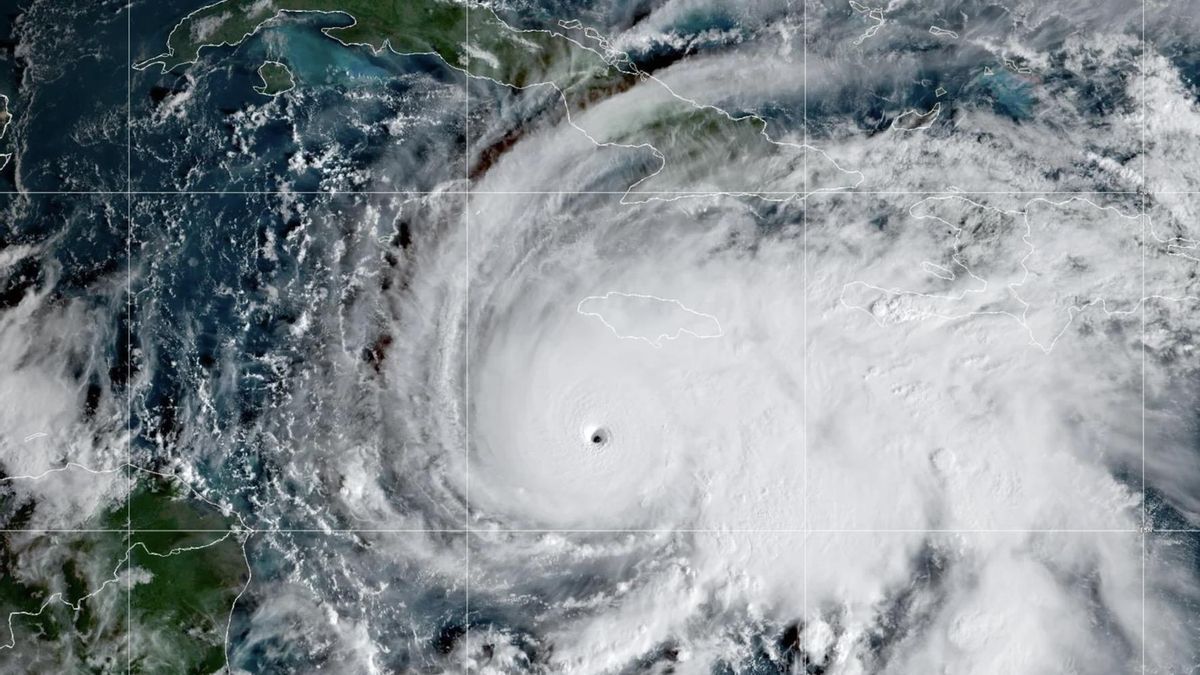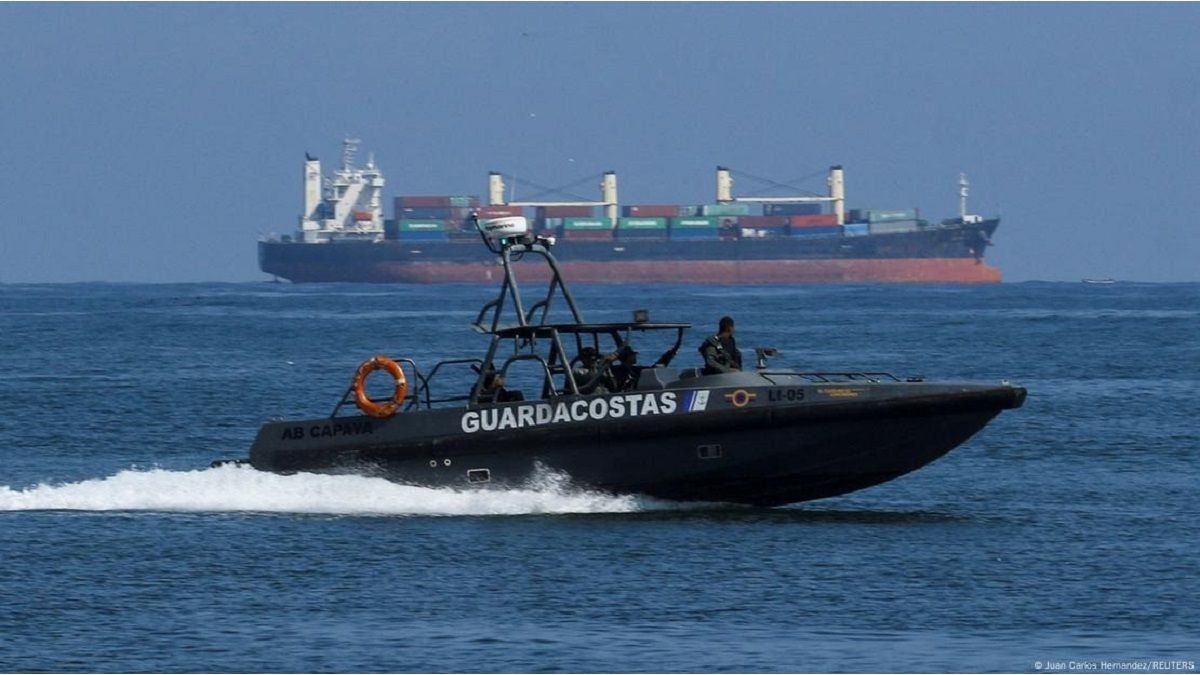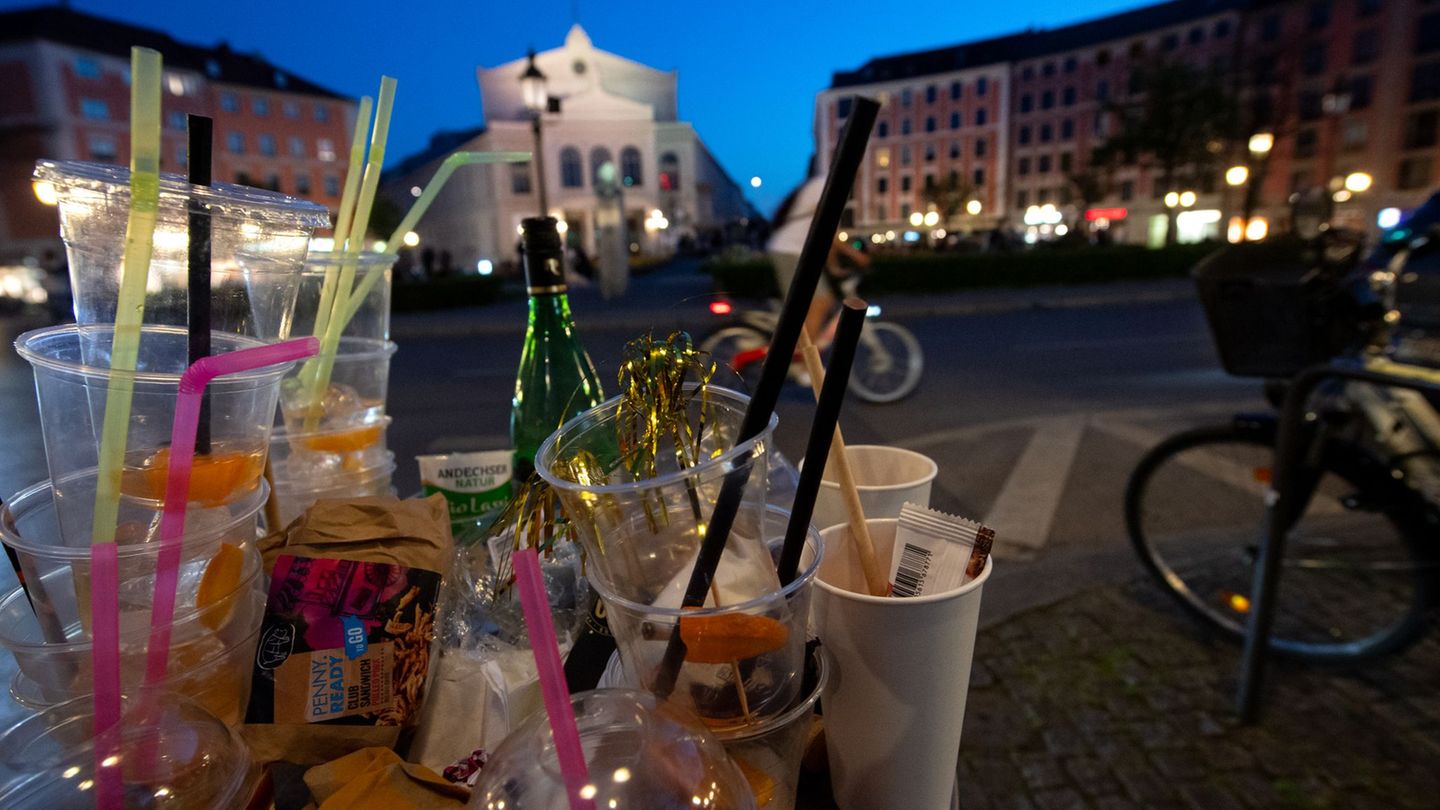I have been working in the news industry for over 6 years, first as a reporter and now as an editor. I have covered politics extensively, and my work has appeared in major newspapers and online news outlets around the world. In addition to my writing, I also contribute regularly to 24 Hours World.
Menu
Environment: UN contract against plastic waste on knife cutting edge
Categories
Most Read
Trump visit: Counterbalance to China: Japan and USA strengthen alliance
October 28, 2025
No Comments
“Cityscape” debate: Neubauer, Lang and Co. write a letter to Merz
October 28, 2025
No Comments
Health of the US President: Trump reports on MRI examination – “It was perfect”
October 28, 2025
No Comments
AfD and the firewall: Political scientist Manow sees strategy problem
October 28, 2025
No Comments
Trial begins: Assassin of Japan’s former Prime Minister Abe pleads guilty
October 28, 2025
No Comments
Latest Posts

Franco Colapinto was faster than Pierre Gasly in the Mexican Formula 1 GP: the study that verified it
October 28, 2025
No Comments
October 28, 2025 – 2:12 p.m. Although the Frenchman finished before the Argentine, a report showed that Colapinto had a better race pace despite the

maximum alert in the Caribbean
October 28, 2025
No Comments
Hurricane Melissa, which hits the Caribbean During this Tuesday, it already made landfall. With winds of up to 270km/hthe phenomenon reached category 5 (the maximum

The US announced that it eliminated 14 suspected drug traffickers in attacks on boats in the Pacific
October 28, 2025
No Comments
October 28, 2025 – 1:41 p.m. There are already at least 57 dead in their fight against drug trafficking from Latin America. US forces were
24 Hours Worlds is a comprehensive source of instant world current affairs, offering up-to-the-minute coverage of breaking news and events from around the globe. With a team of experienced journalists and experts on hand 24/7.

